
Canadian school representatives advise Vietnamese students at a study abroad seminar held in 2024.
PHOTO: NGOC LONG
Proof of finances higher than the rest of Canada
In Canada, according to a special immigration agreement between Quebec (Canada) and the Canadian federal government , this province has the right to set its own financial proof requirements to apply for a study permit. Recently, the provincial government announced that it will simultaneously increase the requirements to 24,617 CAD (460 million VND), instead of 7,756 CAD (144 million VND) and 15,508 CAD (289 million VND) for people under 18 and 18 years old and older as before.
This means the current increase is 3.1 and 1.6 times higher than before. The cost will increase if the international student is accompanied by relatives and up to 49,234 CAD (920 million VND) when the applicant is accompanied by two other people under 18 and one person 18 years of age or older. This increase applies to international students who are applying for a study permit for the first time and international students who need to renew their study permit.
This decision takes effect from 1.1.2026, the above amounts do not include tuition fees and travel costs. Applicants must demonstrate financial ability to pay all of these amounts in order to be eligible for a study permit.
Earlier in early September, the Canadian Department of Immigration, Refugees and Citizenship (IRCC) also updated the financial proof requirement in the study permit application, increasing it by 11% from CAD 20,635 (VND 385 million) to CAD 22,895 (VND 428 million), applicable to all provinces and territories outside Quebec. This is the second time the country has decided to increase the financial proof requirement, previously from CAD 10,000 (VND 186 million) to the current level in early 2024.
The increase in financial proof requirements is also an annual move by Canada to reflect the current increase in living costs in the country, according to CIC News . To prove financial means, IRCC said applicants can submit various types of documents such as proof of a Canadian bank account in their own name (if they have transferred money to Canada), a guaranteed investment certificate (GIC), bank statements for the last few months, a letter of confirmation from an individual or school sponsoring the applicant's study abroad expenses...
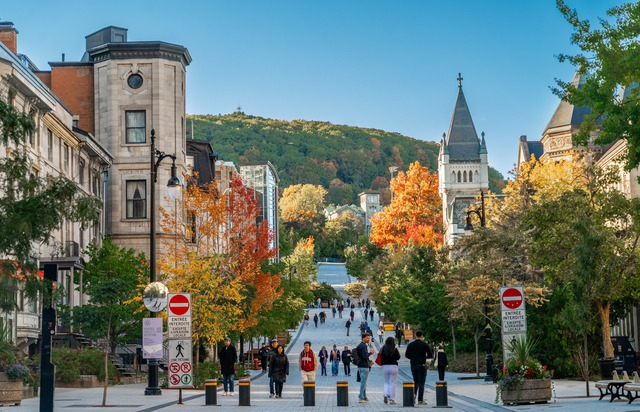
From the beginning of 2026, international students who want to study at schools in the province of Quebec such as McGill University must demonstrate financial resources at a higher level than other regions in Canada.
PHOTO: MCGILL UNIVERSITY
Many moves related to study abroad policy
Also starting January 1, 2026, master's and doctoral students applying to public educational institutions in Canada will be exempt from the study permit cap, meaning they will not have to submit an additional provincial/territorial confirmation letter (PAL/TAL). In addition, IRCC has announced priority processing for doctoral students and accompanying family members, in a maximum of only two weeks, according to CIC News .
Earlier this month, the Canadian Prime Minister Mark Carney's administration said it planned to cut the number of study permits issued by 49% in 2026, from 305,900 this year to just 155,000, then maintain the issuance of 150,000 study permits per year in 2027 and 2028. Study permits are documents issued by IRCC and the cap on the number of study permits was first implemented by the Canadian government in 2024.
In addition to immigration targets, the Canadian government’s budget plan also outlines a strategy to recruit more than 1,000 researchers, doctoral students and post-doctoral researchers, and a roadmap to accelerate the recruitment of talent in the fields of health, research and advanced industries with H-1B visas from the United States. The new budget also allocates CAD 97 million over five years to improve the recognition of foreign degrees.
Previously, Canada also increased the number of hours international students are allowed to work part-time to a maximum of 24 hours/week instead of just 20 hours as before. Meanwhile, if working part-time on or off-campus but during holidays, international students can work part-time without time limit.
According to a report from IRCC, Canada attracts more than 1 million international students to study in 2023. IRCC statistics also show that the total number of Vietnamese studying in Canada has been on a continuous downward trend, from 21,480 in 2019 to 16,140 in 2022. But by 2023, Vietnamese students in Canada increased slightly to 17,175 and ranked 8th in number, making this place one of the top English-speaking study abroad destinations.
Source: https://thanhnien.vn/mot-tinh-bang-canada-tang-gap-3-yeu-cau-chung-minh-tai-chinh-du-hoc-185251122153825968.htm















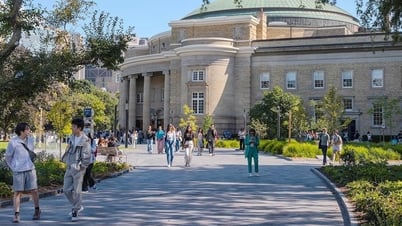








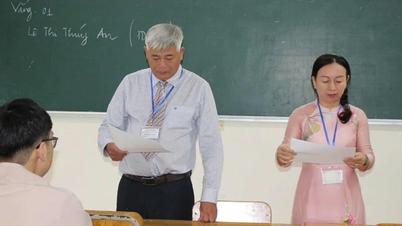







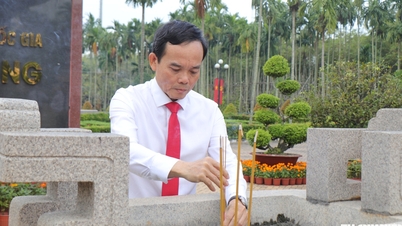
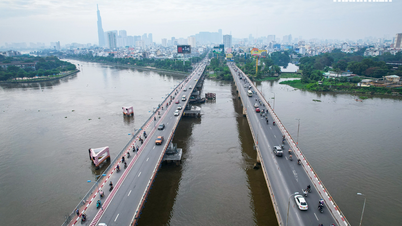

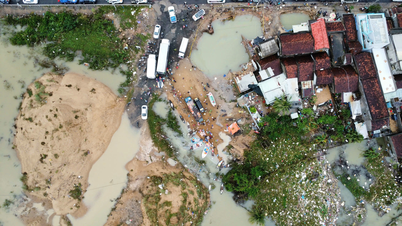














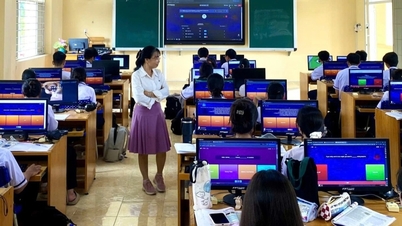



















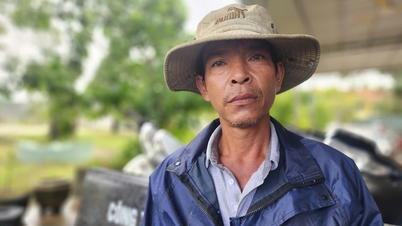
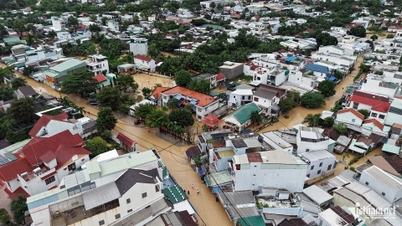



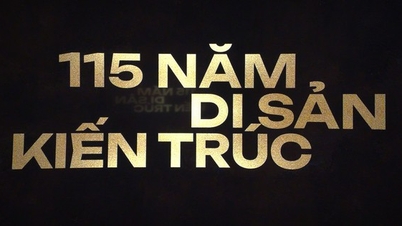






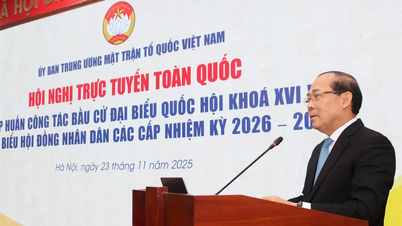




















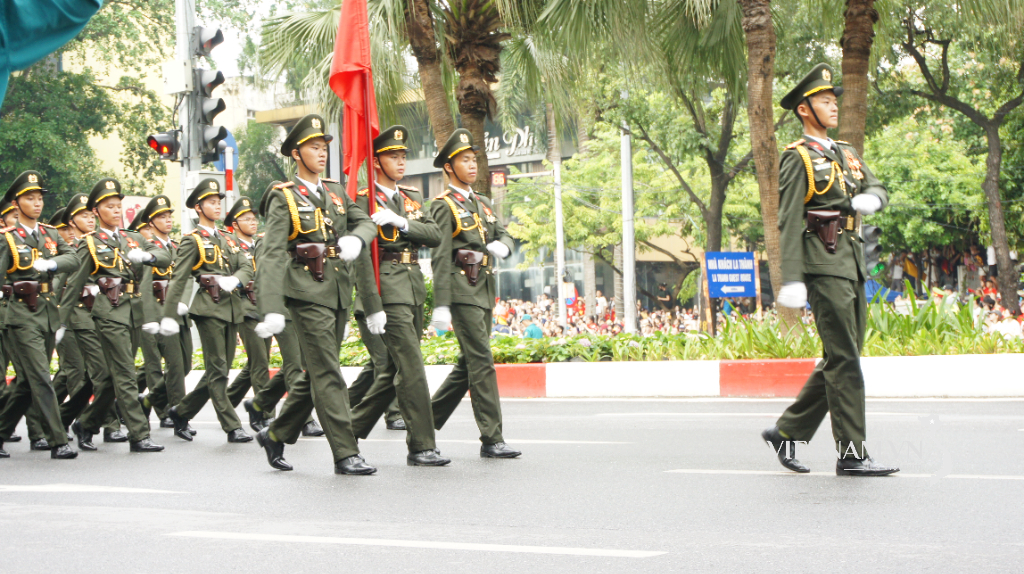
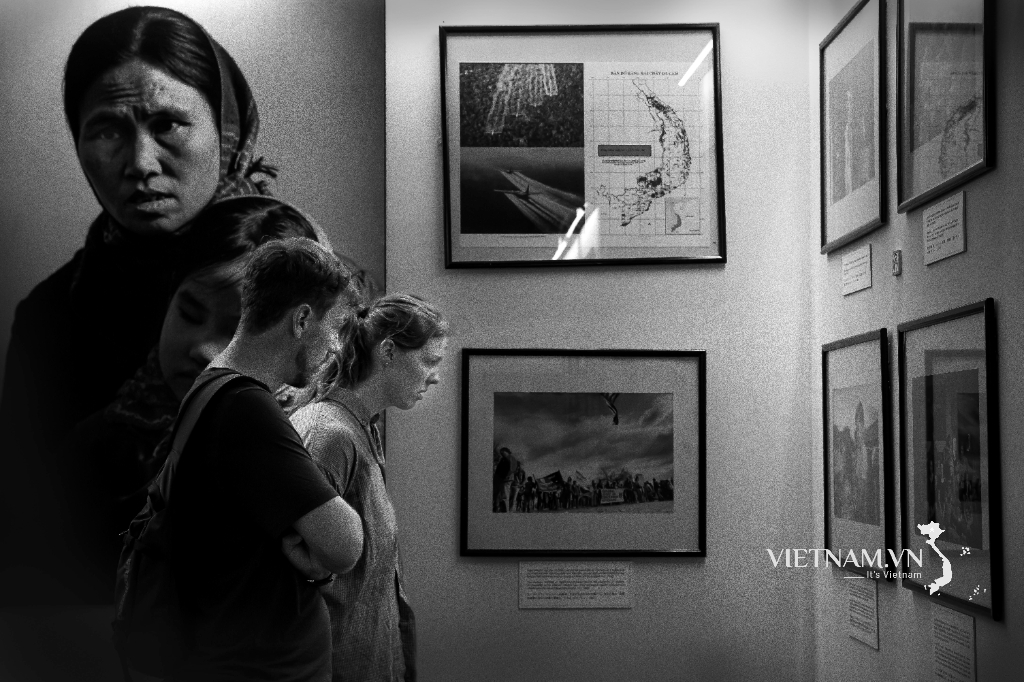
Comment (0)